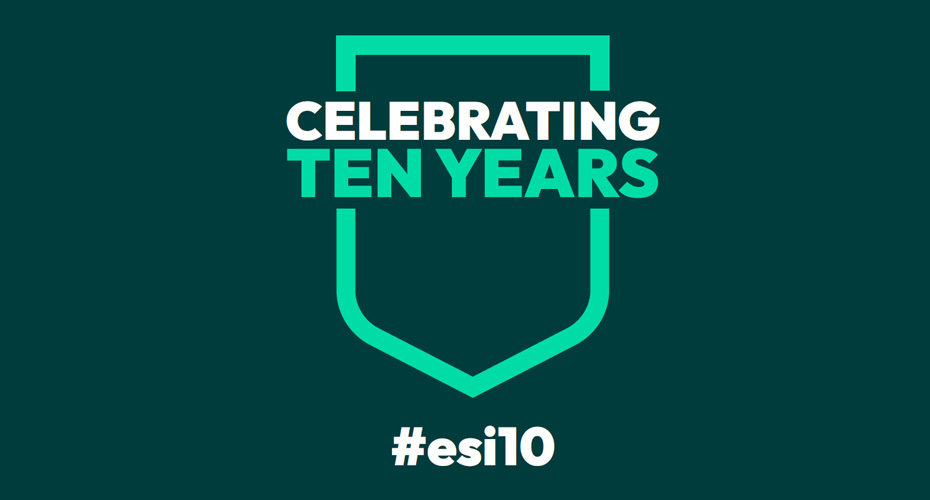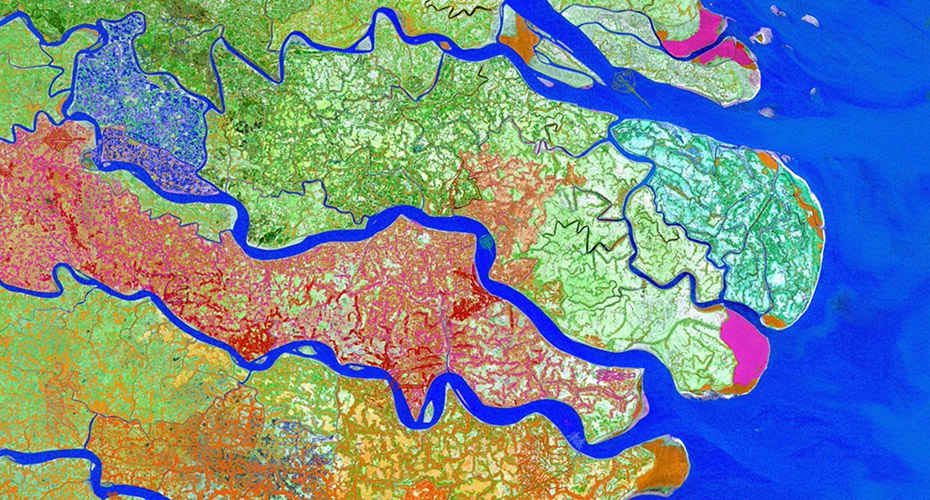Exploring Environmental Justice
Friday 9 June 2023
An Environment and Sustainability Institute (ESI) and Humanities and Social Sciences (HaSS), Cornwall event.
For hundreds of years, extractivist and environmentally polluting models of capitalism have generated deep injustices that have had devastating effects on indigenous peoples, the economically marginalised, local communities, the environment and non-human species. Power structures (the state, corporations, colonialism, patriarchy, heteronormativity etc.) continue to generate and entrench environmental injustices. Environmental injustices are prominently recognised in dramatic conflicts such as the Ogoni peoples’ struggles against oil companies’ operations in Nigeria, and Native Americans’ non-violent resistance to the Dakota Access Pipeline in the US. But they also take place in more local and less visible contexts, such as unequal access to “nature”; or being more affected by environmental degradation and climate change due to poverty. Environmental injustice also takes place in relation to non-humans. For example, environments with large rabbit populations become degraded, and selectively bred ornamental flowers can do injustice to native invertebrate species.
Colleagues in HASS Cornwall are leading work with a broad range of partners to investigate and share potential solutions to environmental injustices at multiple, often intersecting, levels (global, national and local) in a variety of contexts. We are also future focused, seeking to pre-empt and prevent environmental injustices emerging from new infrastructural or environmental projects, or emerging genetic, agricultural or digital technologies. Corporations and universities have an important role to play in the so-called fourth industrial revolution which, without careful foresight, may entrench existing environmental injustices and generate new ones in its quest for Net Zero.
Daksha Patel, our Creative Fellow, has facilitated new conversations and creative activity to help us think more deeply environmental justice and we are holding this workshop to carry on the exchange. Please join us!
Agenda
| 12.30 – 12.35 |
Introductions Prof Clare Saunders, Head of Humanities and Social Sciences, Cornwall and Professor of Environmental Politics, University of Exeter |
| 12.35 – 12.45 |
Workshop descriptions and output Daksha Patel, Creative Fellow for Humanities and Social Sciences, Cornwall, University of Exeter |
| 12.45 – 13.00 |
Videos from our two previous workshops Diverse Voices; Sticky Maps and Wicked Patterns |
| 13.00 – 13.40 | Contributing to our Sticky Map |
| 13.40 – 13.45 |
Evaluations Prof Clare Saunders, Head of Humanities and Social Sciences, Cornwall and Professor of Environmental Politics |
| 13.45 – 14.10 |
Reflections from guest speakers: Reader in Law, University of Strathclyde, Glasgow Senior Lecturer in Media & Cultural Studies, Newcastle University |
| 14.10 – 14.30 |
Q&A from the audience with reflections from our panellists: Lecturer in Politics and International Relations, University of Exeter Senior Lecturer in Environmental Law, Director of PGR for HaSS Cornwall, University of Exeter Reader in Law, University of Strathclyde, Glasgow Senior Lecturer in Media & Cultural Studies, Newcastle University |
| 14.30 – 15.30 | Cream teas and networking |
A recording of the event can be viewed here:
We are proud to be celebrating the ESI’s first decade of successful operation and are holding a series of events to mark #esi10 throughout this academic year.


